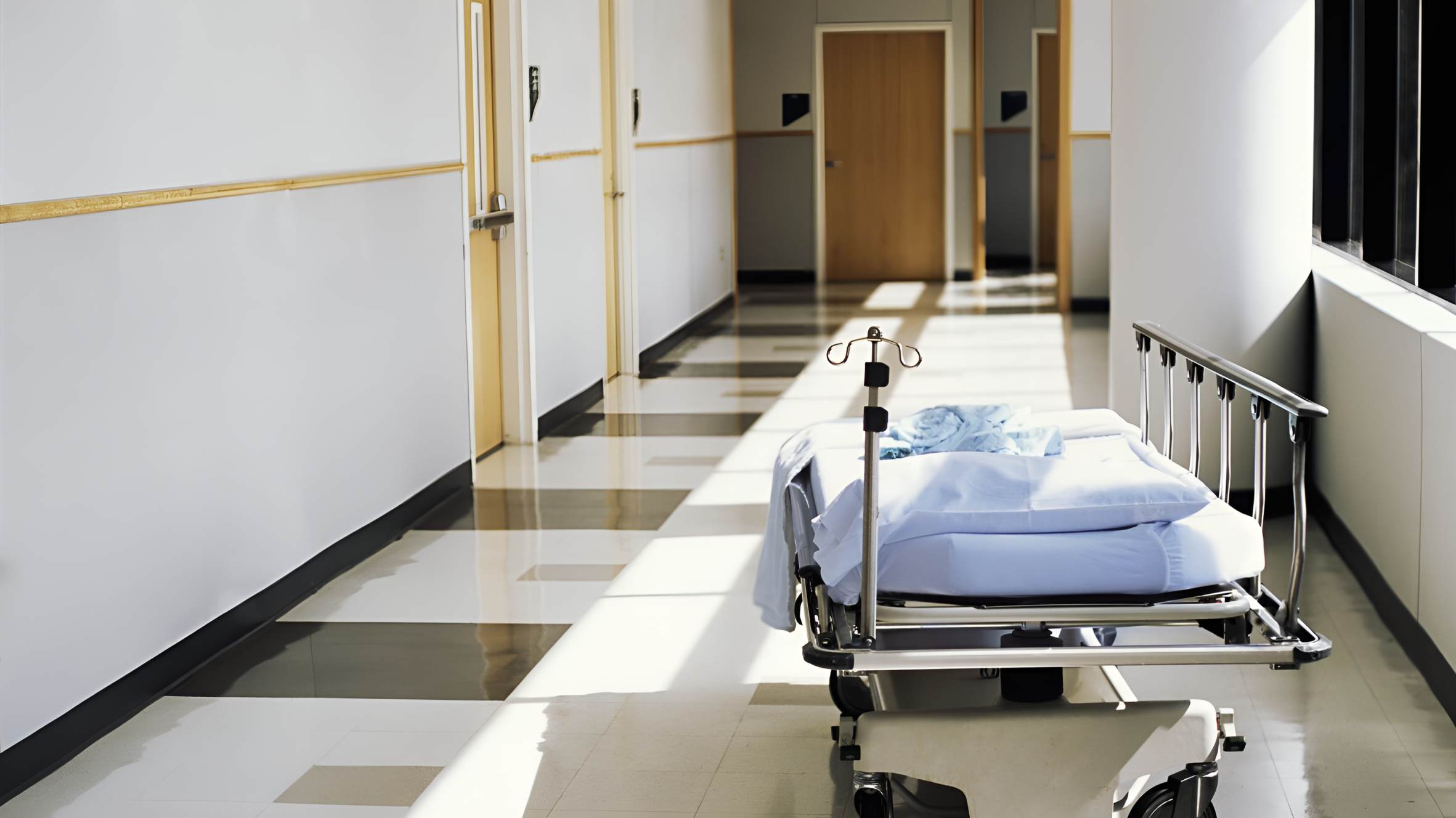Private hospitals will soon be legally bound to admit and treat patients in emergency situations without demanding upfront payment, if new legal proposals before Parliament sail through.
The planned law also seeks to outlaw the detention of bodies over unpaid medical bills, a practice that has long distressed grieving families.
Solicitor General Shadrack Mose has backed the proposed Health (Amendment) Bill, 2024, but wants key sections strengthened to ensure both public and private facilities are covered.
In his letter to the National Assembly’s Health Committee, Mose called for the introduction of a legal obligation on all hospitals to provide life-saving care during emergencies.
“Clause 3 (f) proposes to amend section 7 of the Act to introduce a new subsection (4) to create an offence and prescribe a penalty for an officer in charge of a public health facility who demands payment prior to providing emergency medical treatment,” his letter to the Clerk of the National Assembly reads.
He noted that the current wording targets only public hospitals, yet the Health Act already places the responsibility on all healthcare providers to offer emergency treatment.
“The proposal applies to public health facilities only. Section 12 of the Health Act imposes a duty on all healthcare providers, whether in public or private, to provide emergency treatment. Therefore, the proposal should be amended to apply to both public and private health facilities,” Mose stated.
The push for amendments comes amid complaints that some private hospitals still require cash deposits before attending to critical cases, leading to avoidable delays and loss of lives.
Under the proposed law, any hospital that fails to comply risks losing its licence and the prosecution of the responsible administrators.
The Bill, sponsored by Kirinyaga Woman Representative Njeri Maina, also outlines measures to protect private hospitals from financial loss. Mose explained that the Social Health Insurance Act already provides a mechanism to handle such costs.
“To protect the healthcare providers, Section 28 of the Social Health Insurance Act establishes the Emergency, Chronic and Critical Illness Fund to cover the cost of emergency treatment,” he said in the letter dated October 6.
The fund, financed by the national government, is designed to ensure that patients receive quality critical care and to help hospitals manage the high costs of severe illnesses that many families cannot afford.
Another key element of the proposed law is a ban on the detention of bodies over unpaid hospital bills. The Solicitor General described the practice as degrading and contrary to human dignity.
Although Njeri Maina’s proposal sought to include the provision under Section 7 of the Health Act, Mose advised that it should stand on its own and apply uniformly to both public and private hospitals.
“This proposal is outside the scope of Section 7, which deals with provision of emergency medical treatment,” he said. “We recommend that this proposal be provided as a separate provision and amended to apply to both public and private health facilities.”
The proposal builds on a recent court decision declaring body detention unlawful. In a ruling delivered on September 23, Justice Nixon Sifuna faulted hospitals for holding bodies as security for unpaid bills.
“There is in Kenya, no law providing for a hospital’s right of lien over patients or over their remains should they die while hospitalised or while undergoing treatment,” he ruled.
“Socially, the detention of bodies by mortuaries and hospitals, for debt claims, traumatises the bereaved families and disrespects the departed. It has in many instances, been employed to blackmail, embarrass, traumatise and coerce bereaved families into submitting to the monetary demands by the hospitals,” Justice Sifuna added.
A right of lien allows a creditor to keep possession of a debtor’s property until a debt is cleared. The proposed amendments aim to end the use of this principle on human remains, reinforcing the court’s position and protecting families during mourning.
